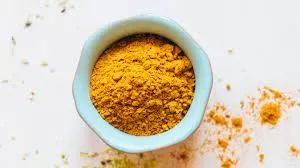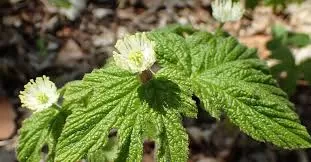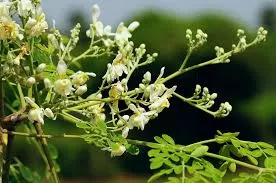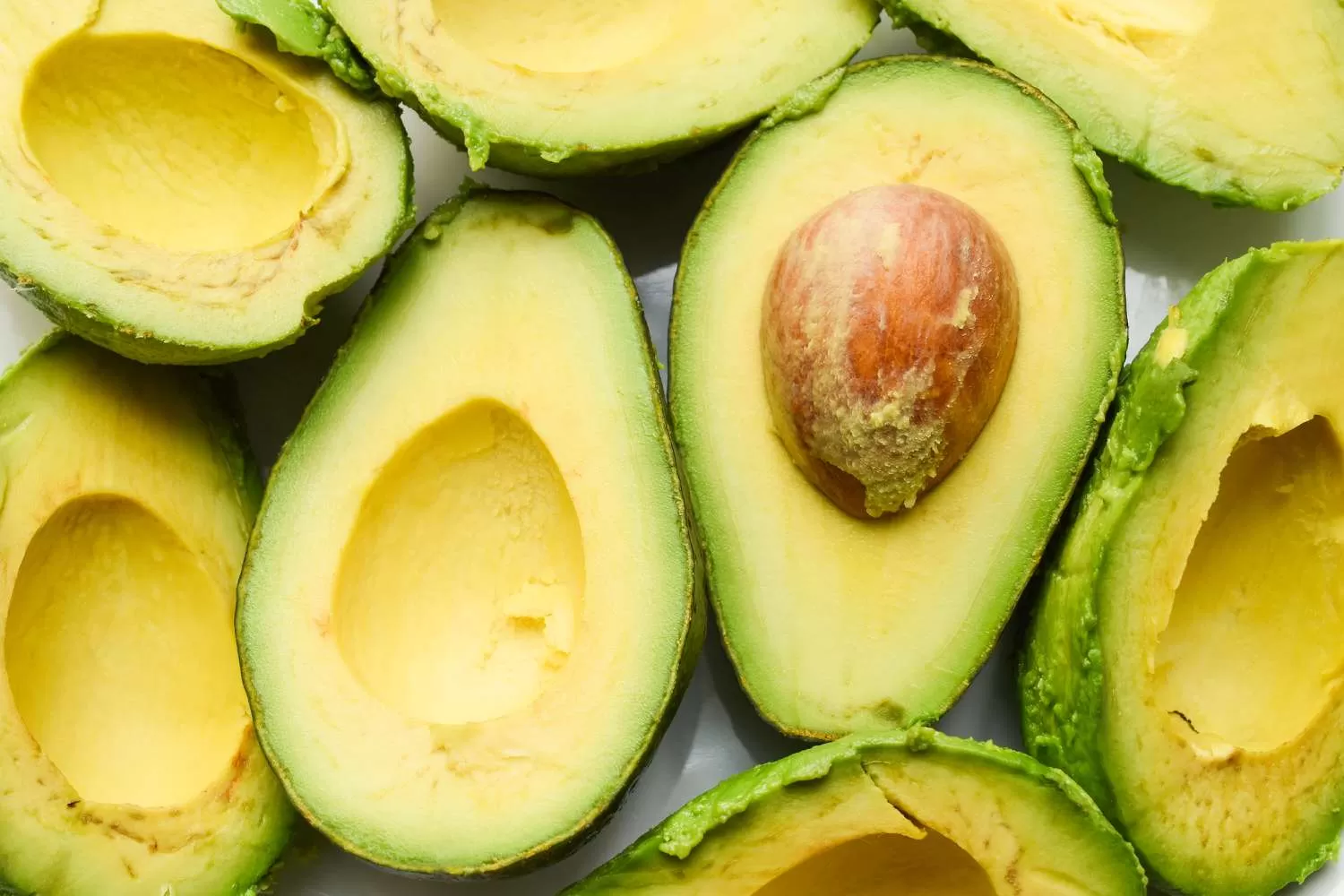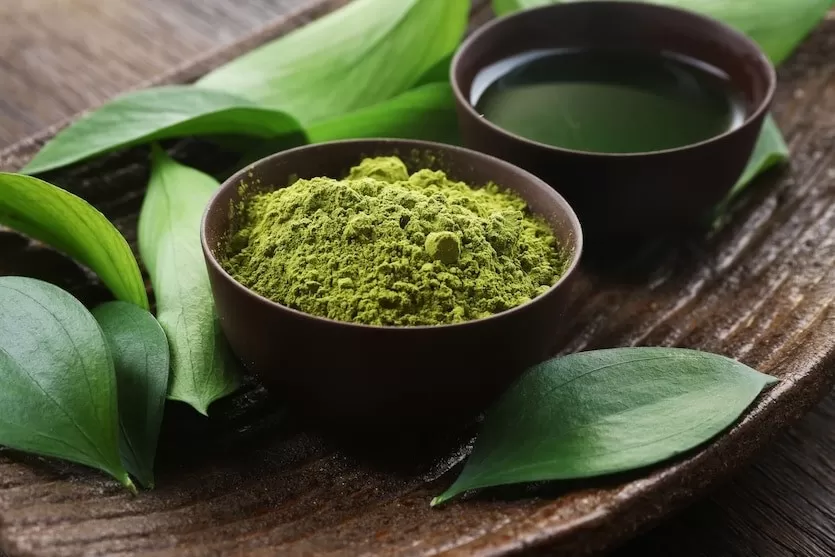- 0086-571-85302990
- sales@greenskybio.com
Yerba Mate: History, Nutritional Profile and Benefits
2025-05-20
Yerba mate, a centuries-old South American tea, has evolved from a regional drink deeply rooted in cultural traditions to a globally celebrated health beverage. Combining rich historical significance with modern scientific validation, yerba mate is now recognized for its potential to improve metabolic health, manage weight, and support cardiovascular function. Backed by studies published in leading journals such as Proceedings of the Nutrition Society and the British Journal of Nutrition, this antioxidant-rich tea offers a compelling blend of cultural heritage and health benefits, bridging past traditions with modern wellness trends.
Historical Roots and Modern Resonance
Yerba mate originates from the leaves of the Ilex paraguariensis plant, which has been integral to the Guarani people’s culture for centuries. It was consumed for its energizing and medicinal properties and later embraced by European settlers in South America as both a social drink and therapeutic tonic. Traditionally prepared in calabash gourds and sipped through a metal straw, or bombilla, yerba mate has transcended geographical boundaries in response to growing global interest in functional foods and natural supplements.
Today, its earthy flavor and purported health advantages make it a sought-after beverage worldwide. This rise in popularity coincides with contemporary health trends, as bioactive compounds in yerba mate are being increasingly linked to enhanced metabolic function and overall well-being, cementing its appeal to health-conscious consumers.
Nutritional Profile: A Powerhouse of Antioxidants and Nutrients
Yerba mate’s health-promoting benefits extend well beyond its mild stimulant properties. While it contains caffeine, theobromine, and theophylline—natural stimulants that offer a gentler energy boost compared to coffee—yerba mate also boasts an impressive nutritional profile. Each cup contains roughly 80 mg of caffeine, complemented by vitamins B1, B2, B6, and C, as well as essential minerals like calcium, magnesium, and iron.
What truly sets yerba mate apart, however, is its abundance of antioxidants, including polyphenols and flavonoids, which combat oxidative stress and may delay the onset of chronic diseases. “Yerba mate offers more health benefits than coffee due to its high antioxidant content and the synergistic effects of compounds like theobromine and theophylline,” explains food scientist and consultant Bryan Quoc Le. A 2025 study in Nutrients demonstrated that drinking yerba mate significantly boosted antioxidant levels in the blood within hours, highlighting its role in reducing oxidative damage and supporting cellular health.
Metabolic Benefits: Regulating Blood Sugar and Supporting Weight Loss
One of yerba mate’s most researched benefits lies in its ability to support metabolic health, particularly in managing diabetes and controlling blood sugar levels. A 2020 randomized controlled trial published in Proceedings of the Nutrition Society showed that participants who consumed three servings of yerba mate daily over eight weeks experienced notable reductions in fasting glucose, insulin, and glucagon levels, signaling improved insulin sensitivity. Interestingly, participants with elevated cholesterol showed the most significant reductions in glucagon levels, suggesting a multifaceted metabolic benefit.
Yerba mate also influences gut hormones such as GLP-1, which enhance blood sugar regulation by improving digestion and promoting insulin release. In animal studies, higher GLP-1 levels were observed alongside reduced tumor growth, underscoring the drink’s broader health implications. While these findings are promising, experts suggest further human trials are needed.
In relation to weight management, yerba mate has demonstrated efficacy in reducing body fat and waist-to-hip ratios. A 2022 animal study linked its consumption to decreased fat accumulation. The tea appeared to stimulate metabolism and inhibit the formation of new fat cells, making it a promising adjunct for those seeking a healthier body composition. “Yerba mate should complement—not replace—a balanced diet,” advises registered dietitian Jena Brown, who emphasizes its synergistic potential when combined with healthy eating and exercise.
Heart and Kidney Health: Protective Potential
Yerba mate’s antioxidant-rich profile may extend its benefits to cardiovascular and kidney health. A 2022 study in the British Journal of Nutrition conducted on men at risk of heart disease revealed that daily yerba mate consumption positively influenced the expression of over 2,600 genes linked to inflammation and atherosclerosis. These findings suggest yerba mate’s potential to reduce cardiovascular disease risk by lowering inflammation and delaying the progression of arterial plaque buildup.
In addition, preliminary research indicates that yerba mate may also support kidney health. A 2023 study in the Journal of Herbal Medicine found that yerba mate extract reduced oxidative damage in kidney cells by 70%, thanks to the powerful action of its polyphenols in neutralizing free radicals. While these laboratory findings are compelling, further clinical research is necessary to fully understand yerba mate’s role in managing chronic kidney disease.
Considerations and Safe Practices
Despite its wide-ranging health benefits, responsible consumption of yerba mate is essential to minimize potential risks. The World Health Organization (WHO) has linked the regular consumption of very hot drinks (above 65°C/149°F) to an increased risk of esophageal cancer, a concern for some long-time yerba mate drinkers. Brown suggests drinking yerba mate at lower temperatures or opting for cold brews to mitigate this risk.
Moderation is also key, as excessive intake may cause side effects, including anxiety, insomnia, or a rapid heart rate due to its stimulant content. Jena Brown recommends starting with 1.5 to 5 grams per day, divided into servings, and consulting a healthcare professional before consumption, particularly for individuals with preexisting health conditions or those on medication.
Yerba Mate: Bridging Tradition and Science
From its origins in the forests of South America to its current position as a global wellness trend, yerba mate’s journey highlights the seamless blend of cultural tradition and scientific exploration. Its demonstrated benefits in improving metabolic health, cardiovascular function, and overall antioxidant protection position it as a unique natural remedy for modern health challenges.
While more research is needed to clarify long-term effects and confirm its impact on conditions like cancer, yerba mate’s versatility as a functional beverage continues to attract attention. As natural health solutions gain prominence, yerba mate stands not only as a beloved drink but also as symbolic proof of nature’s ability to nurture and heal—one simple sip at a time.
-
Goldenseal: A Historic Herbal Remedy at Risk
2025-05-20






